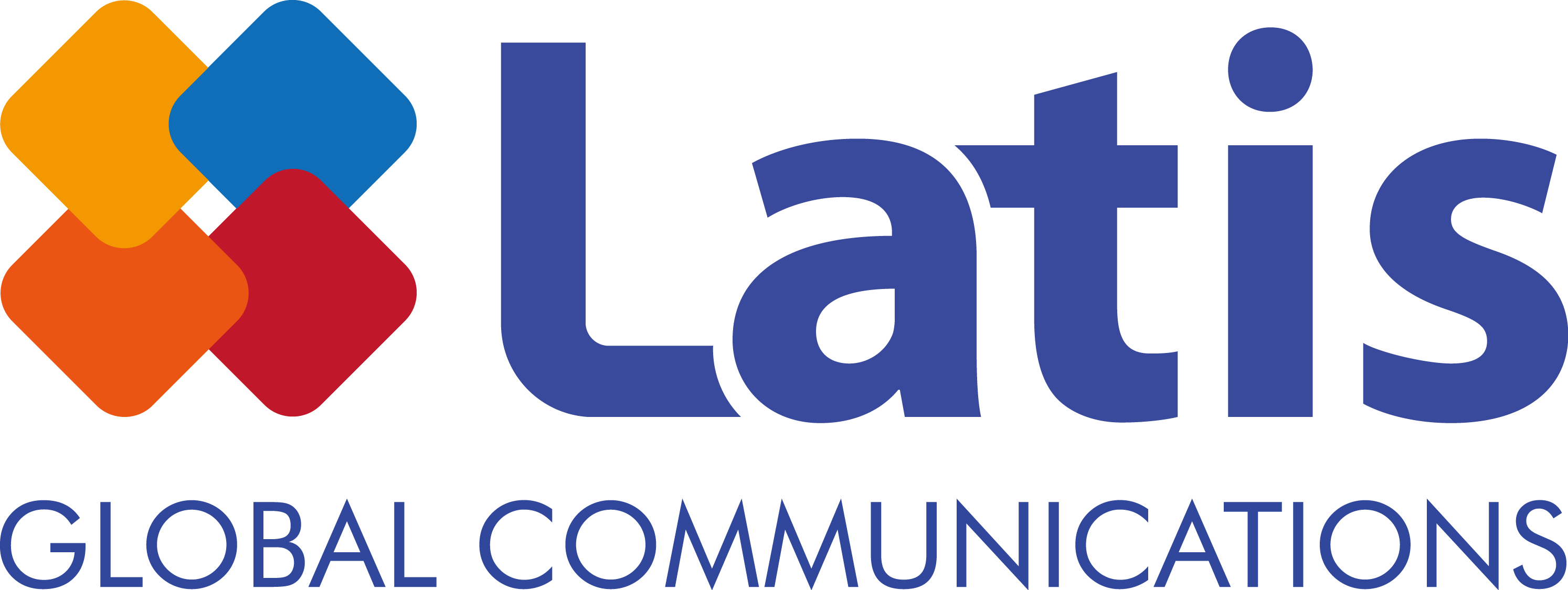
When a video game is developed with the overseas market in mind, a website introducing the game is a must. Such a website should support a variety of languages, and by conclusion, various translations of your website. To that end, let’s explore ways to translate a website into multiple languages.
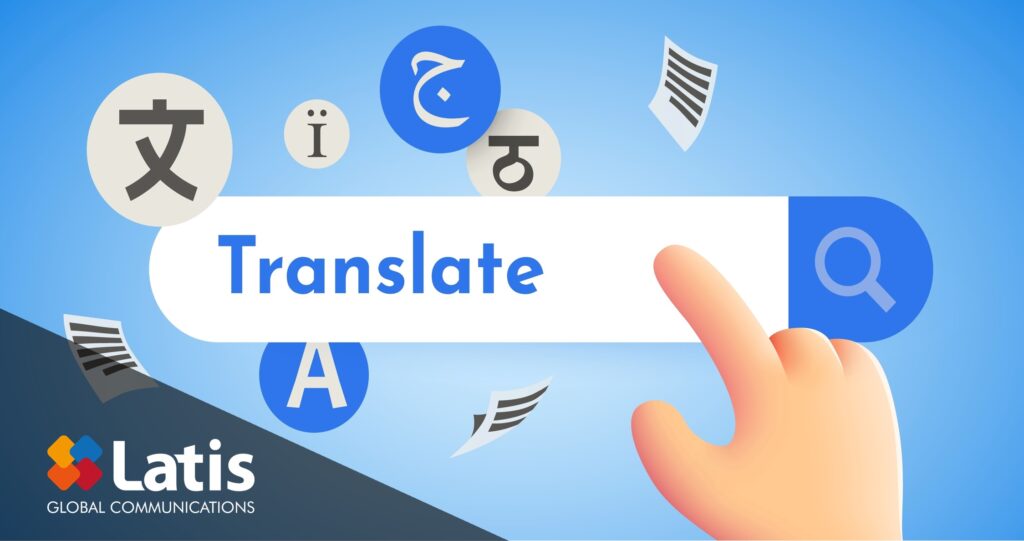
A game website for any brand should contain such features as game downloads, public relations, information related to the game, etc. Attention to detail, when localizing websites with a wide range of options, is a necessary skill. It is fair to say, when planning to market your game overseas, this website will be the game’s home base.
Should the game’s global homepage be English-only?
Among many companies, it is a commonly held belief that an English-only video game homepage, when entering the global market, is sufficient. The reality, however, does not bear this out.
Although English is the language predominately used on the internet, with the influx of internet users from many non-English speaking languages, the gap is closing.
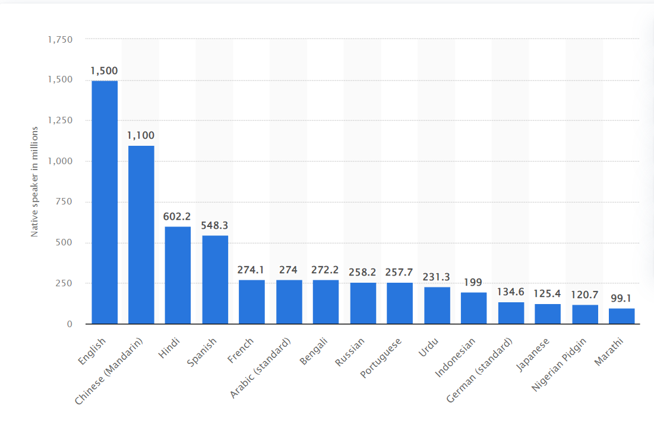
As of 2022, the population of people where English is spoken as their primary or secondary language is about 1.5 billion. This is slightly more than Chinese speakers at 1.1 billion. Hindi, Spanish, French, and Arabic are the next most spoken languages, respectively.
As such, it would behoove a company to not limit its website to solely English, or the intended country’s dominant language, during the global release of the game.
If worldwide exposure is the goal, website localization is a necessary component. By translating the contents on the website, your game’s influence will be largely expanded.
Translating a Video Game Website: A How-to
Translating websites into different languages is much more than simply transcribing one language to another. Every content on the site, such as texts, video clips, images, SI units, etc., needs to be accurately converted to the target language.
Let’s begin by analyzing the different possible methods of translation.
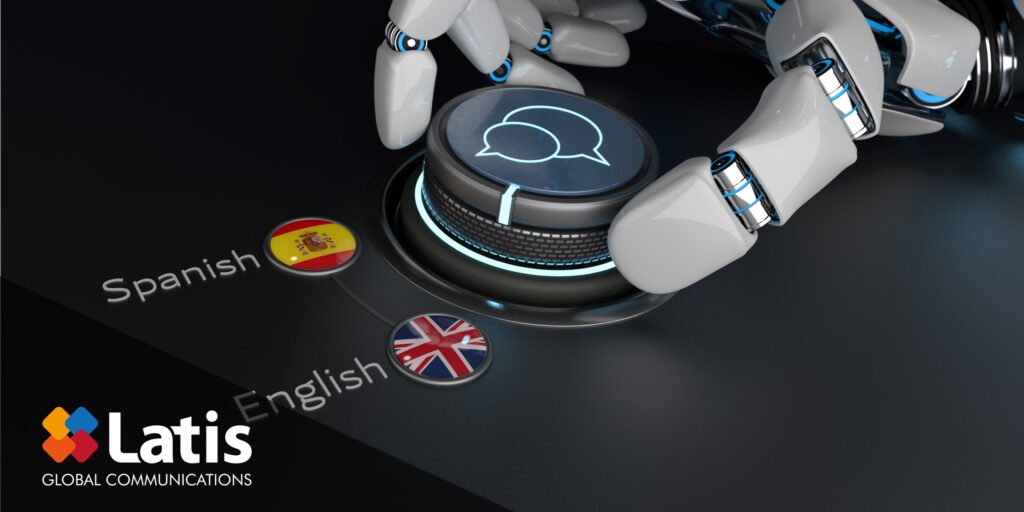
1) Machine Translation
Machine translation, or automated translation, is the process of using AI-based language software to translate website texts from one language to another.
When using such machine translation solutions as Google Translate, although these automated translations are very cost-effective, machine translations are, more often than not, highly inaccurate. A heavy reliance on machine translation will diminish the players’ ability to understand the nuance or context.

2) Professional Translation
By using expert translators and professional translating companies to translate the website, the context, structure, and nuance of the target language are taken into consideration. By providing such cultural context, the speakers of the target languages are inherently better able to understand what is being presented.
The additional steps of QA and a final review by native speakers increase the quality of the translation.
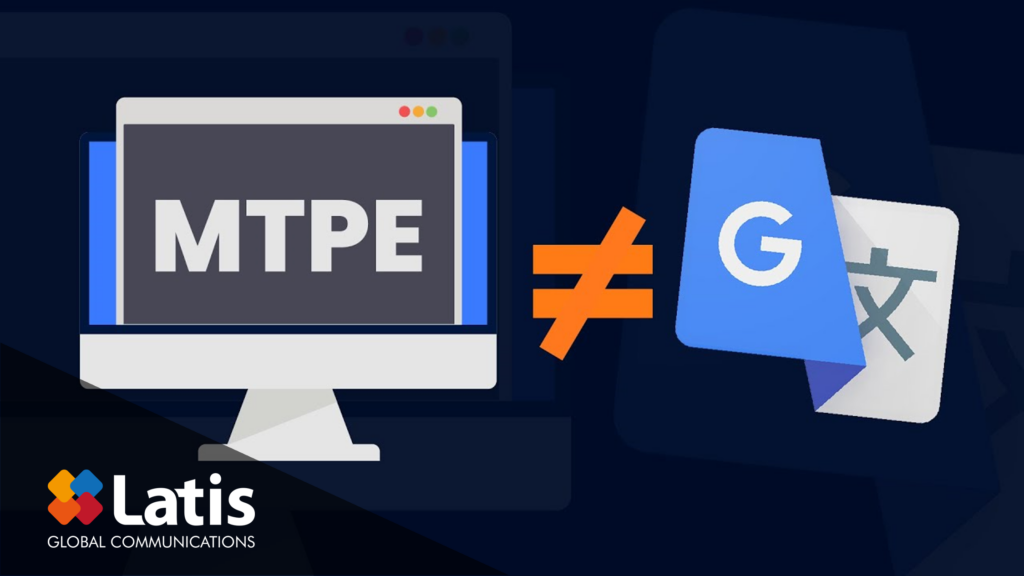
3) MTPE (Machine Translation Post Editing)
Machine translation is admittedly faster and more cost-effective but the potential loss of credibility to the game’s brand, due to the low translation quality, must be taken into consideration.
Professional translation provides great quality but its higher cost, and lengthier production timeframe, can be an issue to newer gaming companies.
Machine Translation Post-Editing (MTPE) is a hybrid process where machine-generated translations are examined and edited by trained translators, which can increase the quality of the translation. Since the primary focus in this process is language translation, however, localization services, as provided by professional translation companies, will be lacking.
What, Then, Is Website Localization?
When expanding to a new gaming market, a localized, multilingual video game website meets potential gamers where they are in the overseas market.
A gaming website that includes culturally relevant visual elements leaves an impression to local gamers that the company cares.
Employing localization optimizes such content as design elements of the website, exclusive events held at the target country, and separate promotional messages, all of which are specifically targeted to the country of interest.
For these reasons alone, localization should be the preferred option rather than the simple translation of the game. Localization leaves a better impression on gamers in the overseas market.



In addition to offering our expertise in game localization, game sound, game testing, and game operation services, Latis Global provides regular updates on the latest news and relevant issues within the gaming industry. Have any further questions on our analysis regarding overseas expansion? For those and any additional questions about the gaming industry in general, please email us at contact@latisglobal.com.

